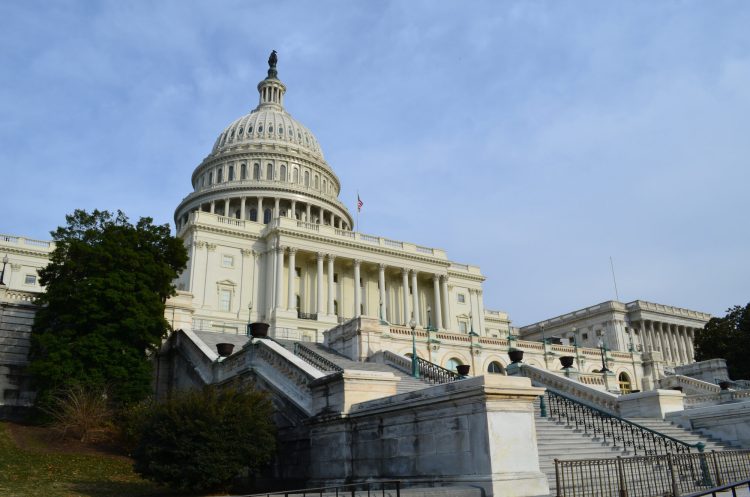In this guest column originally appearing in The Keene Sentinal, Concord Coalition New England Regional Director Chase Hagaman contends that elected officials in Washington should quit procrastinating and seize opportunities to address our nation’s fiscal challenges.
“You may delay, but time will not, and lost time is never found again.”
So Benjamin Franklin warned, and he was onto something. If you wait too long, you may miss an opportunity.
Many of our elected officials in Washington have not grasped that principle. In fact, their procrastination has allowed fiscal policy problems to fester, making them worse and ensuring that reforms will be more urgently needed and more difficult to enact than they otherwise would have been.
The federal debt is currently almost $20 trillion, and is at the highest level relative to the size of the economy (GDP) since shortly after World War II. The nonpartisan Congressional Budget Office projects that under current laws, the government will add $10.1 trillion to that debt over the next decade.
Federal budget deficits — the annual gaps between spending and revenue — are largely the result of a structural gap between the poorly designed tax code and spending on programs such as Medicare, Medicaid and Social Security that is driven higher and higher by rising health care costs and an aging population.
After the Great Recession, the economic recovery decreased federal deficits. But because lawmakers have ignored the structural problems in the budget, deficits are heading upward again — but without a recession or other national emergency to blame.
Last year the government ran a deficit of $587 billion. It is on track to surpass $1 trillion by 2022, and that projection doesn’t include new spending and tax-cut proposals that Washington is considering.
Under current law, only four spending areas are expected to increase as a percentage of the economy over the next 30 years: interest on the debt, Medicare, Medicaid and Social Security. And these four already claim two-thirds of the federal budget.
Unfortunately, elected officials have been overlooking opportunities to address fiscal issues and engage in long-term budget reform.
The last several years of economic growth, increased tax revenue and low interest rates gave Congress some breathing room to pursue necessary changes. Congress has so far failed to take advantage of it.
Instead we have seen a broken budget process, brinksmanship, dysfunction and a lack of the bipartisan cooperation that will be needed to put the country on a sustainable fiscal path.
Washington is also passing up another opportunity: The fact that up and coming generations have a growing political voice and a vital interest in long-term reforms to ensure a stronger economic future.
The Pew Research Center found that millennials and members of Generation X together accounted for more votes in 2016 than did the baby boomers. Citizens under age 51 accounted for nearly 70 million votes, while those over 51 accounted for roughly 68 million.
Millennials — myself included — are less likely to participate in traditional institutions such as political parties and unions. This may indicate that younger Americans are more likely to disregard party lines, and to expect their representatives in Washington to work across those lines.
In addition, many millennials and Generation X members understand the need to begin reforming health care and retirement programs so that these programs can effectively serve older Americans — including themselves — in the coming decades.
According to polling data, few millennials expect Social Security to provide us with full retirement benefits. Although we realize the program is not sustainable without changes, most of us also agree that current beneficiaries should not be hurt by reform.
Pew found in a 2014 survey that only 6 percent of millennials thought they would receive the same level of benefits that retirees receive now; 51 percent believed they would receive no benefits at all, which is overly pessimistic. Sixty-one percent thought current benefits should not be cut.
The general recognition among millennials and Generation X members that changes are necessary presents elected officials with an opportunity to move forward on repairing these key programs.
It is time for members of Congress to set aside partisan rhetoric and seize the opportunities before them by enacting bipartisan legislation that maintains support for baby boomers and helps up and coming generations plan for their futures.
This type of generationally minded legislation must address an array of national fiscal challenges — such as a need for domestic investment, federal deficit reduction, higher economic growth, rising health care costs and retirement security.
Congress and President Trump should focus now on putting our nation on a secure financial footing for years to come. The opportunities are there. And as bifocal Ben would have said, the clock is ticking.
Continue Reading


